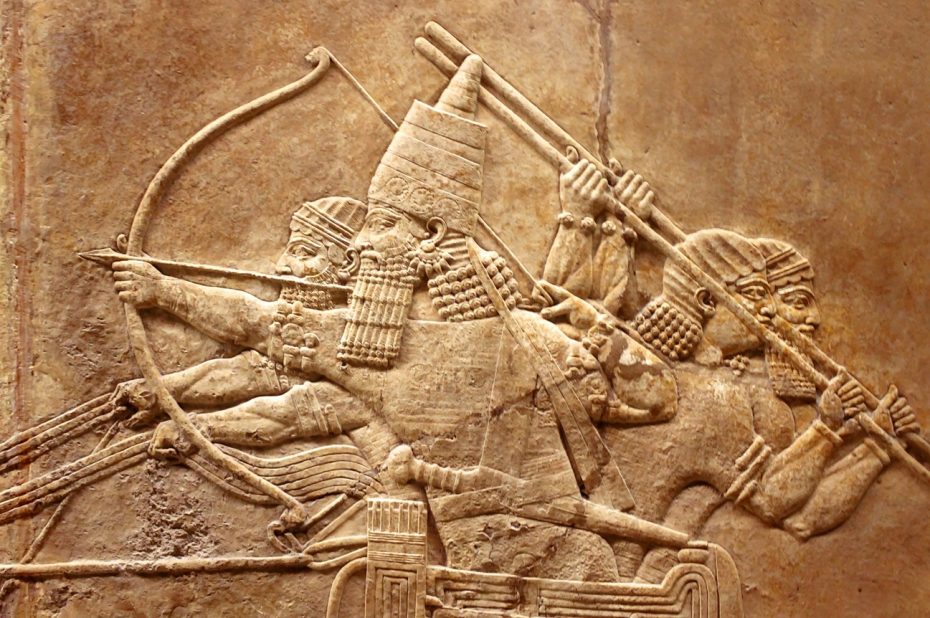

Authors: Dr. Lawrence A. Kuznar (NSI, Inc.); Nathan Heath (NSI, Inc.); George Popp (NSI, Inc.)
This publication was released as part of the SMA project “21st Century Strategic Deterrence Frameworks.” (SDF) For more information regarding this project, please click here.
Publication Preview
The concept of strategic culture emerges in discussions of both tailored and integrated deterrence. This report examines the concept’s history, current consensus, and enduring debates about what it entails. It also proposes a model of strategic culture as a complex system.
What is strategic culture? After a review of relevant literature, we propose the following definition: An actor’s strategic culture is composed of beliefs, experiences, assumptions, attitudes, and patterned behaviors that shape perceptions and preferences about its security-related interests, objectives, and activities.
This definition reflects the consensus of most scholars. However, key issues remain concerning the relationship of strategic behavior to strategic culture, the social and political levels at which it operates, and how strategic culture can be modeled.
Strategic behavior and strategic culture. Many scholars assert a recursive relationship between strategic culture and strategic behavior. Culture can impact behaviors, and behaviors sometimes reinforce elements of culture. However, if the concept of strategic culture is to be useful for national security analysis, it must predict some amount of an organization’s strategic behavior. Including all strategic behaviors (e.g., nuclear postures, military investments, deployments, military conduct in war, operations under the level of armed conflict) in the definition of strategic culture potentially creates a tautology that undermines prediction. To avoid this tautology, only traditional, repeated, and patterned behaviors are included in our definition of strategic culture, allowing other elements of strategic behavior to emerge independently.
Whether or not strategic culture influences strategic behavior remains an open question. Furthermore, there is consensus among scholars that factors, such as pragmatic material concerns, influence strategic behaviors and may override the effect of strategic culture all together. The influence of strategic culture on strategic behavior should be considered an empirical question to be tested in specific applications.
Whose strategic culture matters? Strategic cultures exist at the international, national, and subnational levels, like political parties, popular opinion, intelligentsia, and powerful stakeholders. Any analysis of an actor’s strategic behavior must identify which stakeholders and their associated strategic cultures actually influence it.
Strategic culture as a complex system. Scholars have proposed that strategic culture is composed of identity, values, perceptions, and patterned behaviors. However, these elements are not independent; they can influence each other, creating a complex system of interrelationships. The complex system model we propose allows for the adaptation of the strategic culture concept to different nations and contexts.


